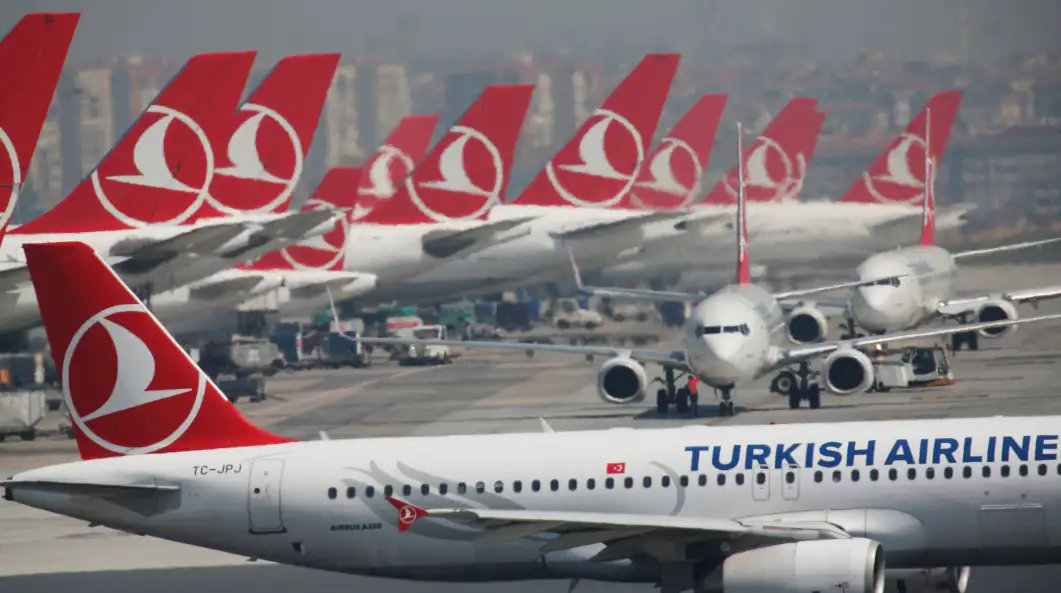Overview of the Situation
India is currently re-evaluating IndiGo’s collaborative agreements with Turkish Airlines due to rising security concerns. The government’s scrutiny stems from perceptions around Turkey’s diplomatic ties, illustrating the delicate balance between travel partnerships and national security.
The Government’s Position
In a recent statement, India’s Civil Aviation Minister emphasized the necessity of consulting with security agencies and IndiGo before any further actions are taken. This discussion is vital, especially in light of public sentiment that has turned against Turkish products in India, reflecting the broader context of geopolitical relations.
Public Sentiment
The growing public dissent regarding Turkey’s stance during a conflict has led to boycotts of various Turkish products within India. This dynamic highlights the sensitivity around foreign partnerships, affecting the perception of the Indian populace towards certain airlines.
IndiGo’s Defense of the Partnership
IndiGo has actively defended its collaboration with Turkish Airlines, underscoring the joint benefits that this partnership presents to Indian travelers. By allowing access to numerous international destinations, such agreements are seen as instrumental in promoting aviation growth while also creating job opportunities within India.
The Nature of the Collaboration
- Codeshare Partnership: The partnership, established in 2018, enables IndiGo to offer customers access to a variety of international destinations.
- Leasing Arrangements: A leasing agreement was initiated, with Turkish Airlines providing aircraft and crew for routes connecting New Delhi and Mumbai to Istanbul.
Competitive Landscape
IndiGo’s competitors, including Air India, have expressed their opposition to the leasing arrangement with Turkish Airlines. Concerns over security and business impacts have prompted rival airlines to lobby for a cessation of these agreements. As market dynamics are influenced by public sentiment and safety considerations, this situation underscores the interconnectedness of international relations and the aviation sector.
Impacts on Broader Industry
| Aspect | Impact on Travel | Impact on Aviation |
|---|---|---|
| Public Sentiment | Increased scrutiny of foreign partnerships | Potential disruption in airline collaborations |
| Government Action | Bans on specific services | Re-evaluation of service agreements |
| Future Collaborations | More cautious approach | Increased negotiation barriers |
The Boycott of Turkish Products
The boycott affecting various Turkish goods, from chocolates to clothing, has distinctly highlighted how geopolitical tensions can influence consumer behavior. The latest developments showcase how public perception is closely interwoven with the travel industry. For service providers, such tensions could lead to a necessary reevaluation of partnerships and routes, affecting the way travelers make their choices.
Conclusion
In summary, the discussions surrounding IndiGo’s partnership with Turkish Airlines illuminate the intricate tapestry of travel, politics, and public sentiment. As operational dynamics in the aviation sector evolve, travelers must remain informed about how these developments may shape their experiences and travel options.
On platforms like LocalsRide, users can book transfers and hires, selecting vehicles that suit their preferences and budgets. With transparent pricing and trusted driver services, travelers can navigate their journeys with ease and assurance. No matter the changes in the travel landscape, a reliable transfer is just a click away.
Book your ride today with LocalsRide.com and enjoy the benefits of personalized travel solutions that ensure a smooth journey!

